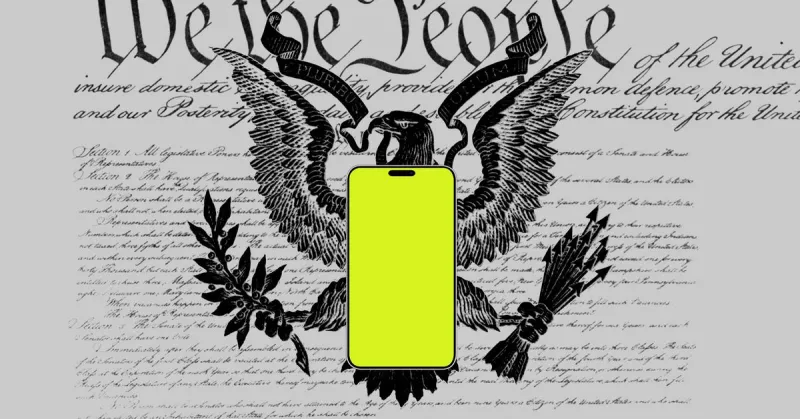
FTC Reports Significant Decrease in Spam Call Complaints Since 2021
Short summary:
The fight against unwanted telemarketing calls continues to show progress. According to the Federal Trade Commission (FTC), efforts to combat spam calls have resulted in a significant drop in complaints, marking a third consecutive year of improvement.
The Federal Trade Commission (FTC) announced a significant decline in complaints about unwanted telemarketing calls for the third consecutive year, with reports falling by over 50% compared to 2021. During the 2024 fiscal year, complaints dropped by approximately 33,000, though debt reduction call reports notably surged by over 85%. The FTC credits this progress to strengthened efforts to target key players in illegal telemarketing schemes and adapt to emerging threats.
Key measures by the FTC include enforcing the Telemarketing Sales Rule (TSR), which restricts telemarketing practices and now explicitly applies to scam calls using AI. Recent actions include banning notorious extended vehicle warranty scams and prohibiting impersonation of governments or businesses. The Federal Communications Commission (FCC) has also contributed, implementing anti-spoofing protocols to verify caller ID authenticity, banning AI-generated robocalls, and requiring carriers to block likely illegal robotexts and provide opt-out options for robocalls and robotexts.
While illegal calls remain a persistent issue, the FTC and FCC’s combined efforts demonstrate progress in curbing telemarketing abuse. By enforcing stricter regulations, enhancing technology-driven solutions, and targeting high-level perpetrators, these agencies are working to reduce consumer annoyance and protect against phone scams.